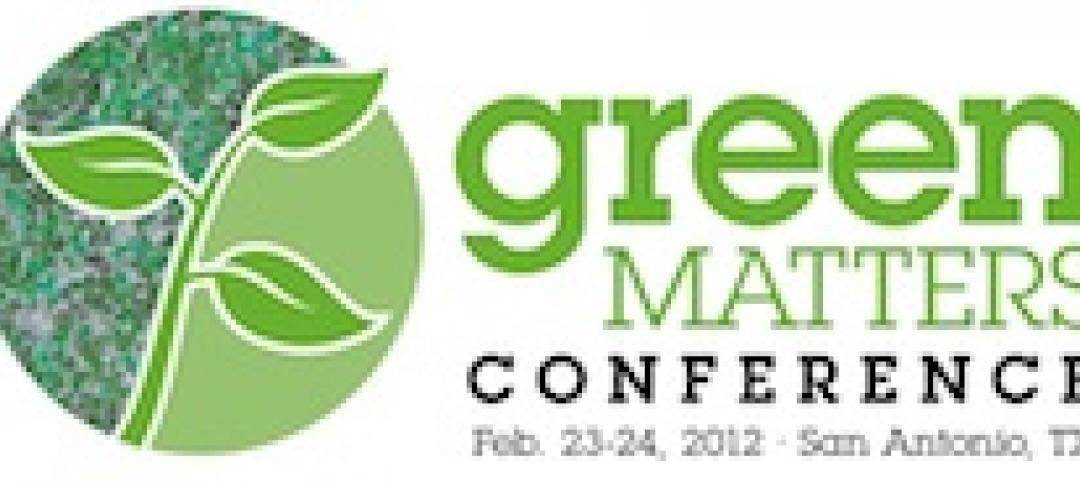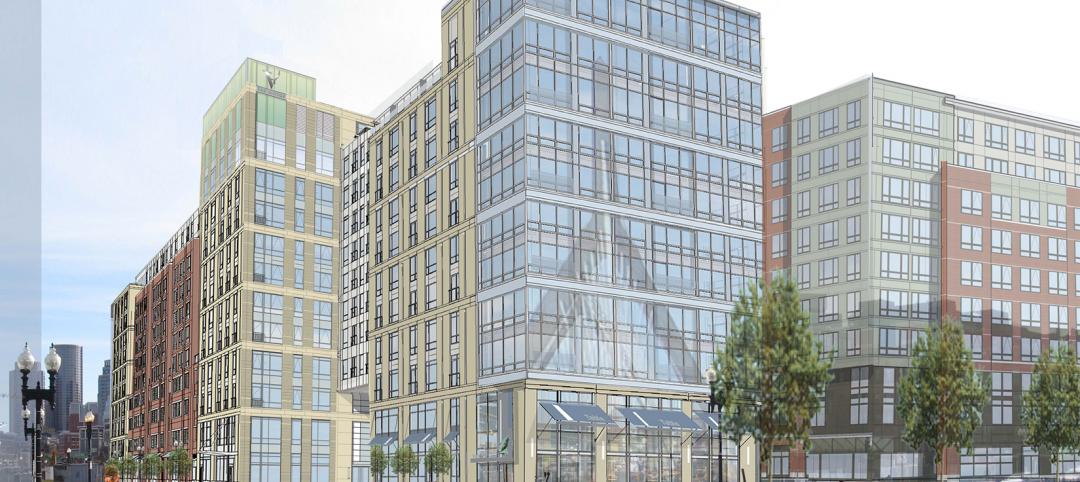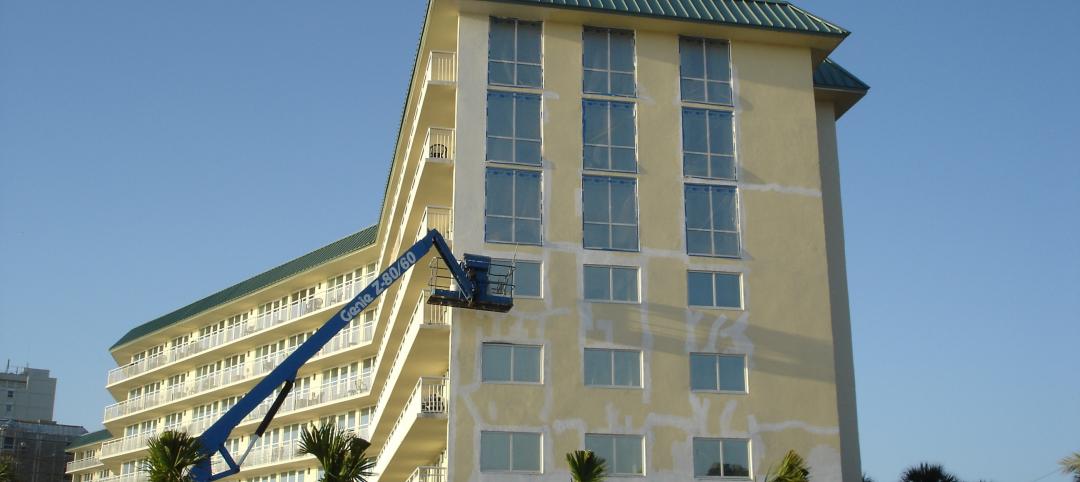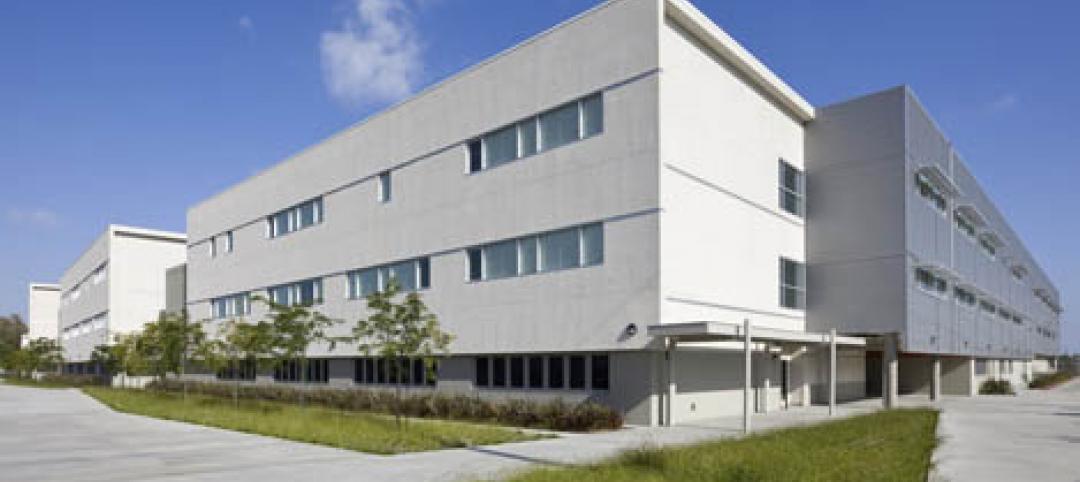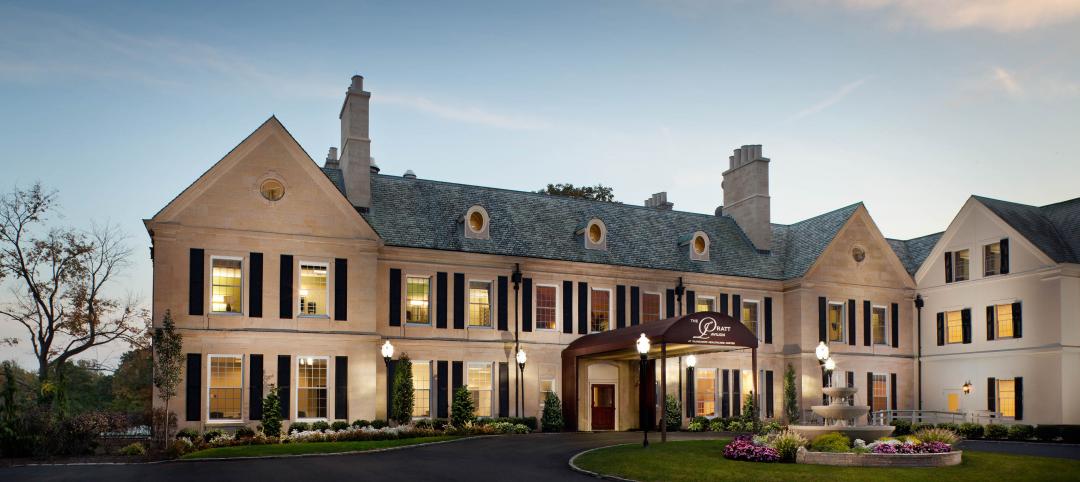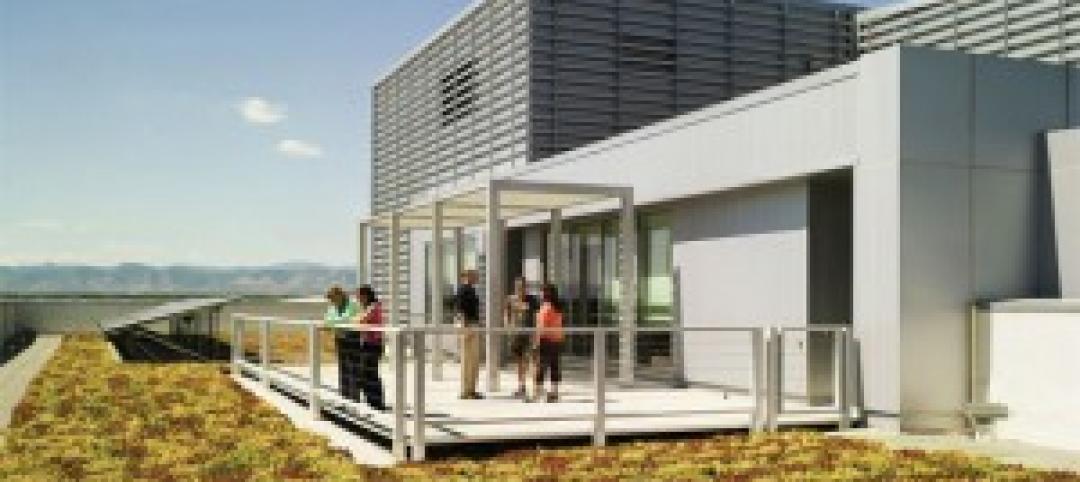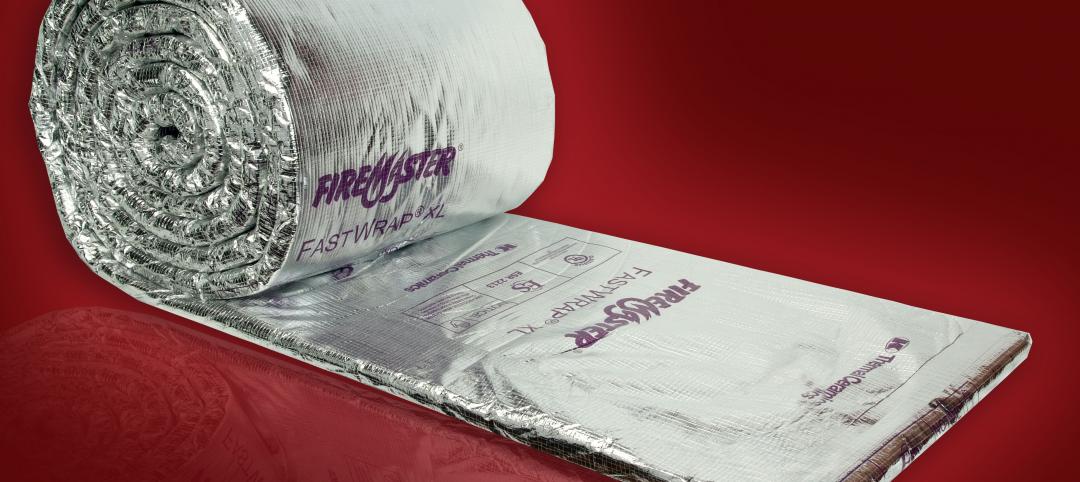Global management consulting firm McKinsey recently launched the Net Zero Built Environment Council, a cross-sector coalition of industry stakeholders aiming to decarbonize the built world.
The council’s chief goal is to collaboratively create new pathways to cut greenhouse gas emissions from buildings.
The Council will support stakeholders to create and commercialize new green innovations, create global sustainability metrics and research, and promote cost-effective pathways to “decarbonizing everything from construction methods to materials,” according to McKinsey.
The council will work to align siloed supply chains, construction projects and markets, and help industry players tap into an estimated $800 billion to $1.9 trillion in potential green markets. The launch of the Net Zero Built Environment Council comes alongside the release of a new McKinsey report that identifies a lack of collaboration within the built environment ecosystem as a key obstacle to decarbonization.

McKinsey’s research found that 76% of emissions from an average building are caused by operations, demonstrating a need for collaborative decarbonization across the entire built environment life cycle, not just during construction.
The report found that half of all emissions across the built environment could be eliminated with little extra cost, while 20% will be more costly and complex to decarbonize, such as cement and steel, requiring more industry partnerships to reduce costs and risks for all new materials and technologies.
3 goals of the Net Zero Built Environment Council
To help facilitate the critical elements for change, we are launching the Net Zero Built Environment Council, which brings together many of the leading incumbents and new scale-ups across the built-environment ecosystem. Along the lines of the three ingredients covered in this article, the council’s ambitions can help with the following actions:
- Create transparency. Establish a fact-based perspective on a possible cost-effective recipe (translate the most powerful technology and other levers into a simplified playbook that applies to major building archetypes).
- Raise awareness of what is doable. Remove perceived barriers to decarbonization, capture the interest of decision makers, and spur “positive pressure” and acceleration to act.
- Stimulate partnerships and encourage initiative. Enable execution via innovative financial models, deployment of technologies, and scaling of efforts by bringing together stakeholders from across the built environment, whether by jointly commercializing technologies at scale or by identifying and creating lighthouse projects.
All contributors along the value chain must come together to overcome systematic challenges and increase transparency on cost-effective pathways to reach decarbonization goals and spread awareness to the entire sector. In this sense, the Net Zero Built Environment Council represents an important step forward in uniting industries and sectors—not only to achieve their climate ambitions but also to create green growth in the built environment.
Related Stories
| Nov 22, 2011
New Green Matters Conference examines emerging issues in concrete and sustainability
High-interest topics will be covered in technical seminars, including infrared reflective coatings for heat island mitigation, innovative uses of concrete to provide cooling and stormwater management, environmental benefits of polished concrete, and advancements in functional resilience of architectural concrete.
| Nov 15, 2011
Suffolk Construction breaks ground on the Victor housing development in Boston
Project team to manage construction of $92 million, 377,000 square-foot residential tower.
| Nov 8, 2011
Transforming a landmark coastal resort
Originally built in 1973, the building had received several alterations over the years but the progressive deterioration caused by the harsh salt water environment had never been addressed.
| Nov 4, 2011
CSI and ICC Evaluation Service agree to reference GreenFormat in ICC-ES Environmental Reports?
ICC-ES currently references CSI's MasterFormat and other formats in all of its evaluation reports. The MOU will add GreenFormat references.
| Nov 4, 2011
McCarthy completes construction of South Region High School No. 2 in Los Angeles
Despite rain delays and scope changes, the $96.7 million high school was completed nearly two-months ahead of schedule.
| Nov 2, 2011
John W. Baumgarten Architect, P.C, wins AIA Long Island Chapter‘s Healthcare Award for Renovation
The two-story lobby features inlaid marble floors and wood-paneled wainscoting that pays homage to the building’s history.
| Oct 25, 2011
Commitment to green building practices pays off
The study, conducted by the Pacific Northwest National Laboratory, built on a good indication of the potential for increased productivity and performance pilot research completed two years ago, with similarly impressive results.
| Oct 20, 2011
UNT receives nation’s first LEED Platinum designation for collegiate stadium
Apogee Stadium will achieve another first in December with the completion of three wind turbines that will feed the electrical grid that powers the stadium.
| Oct 20, 2011
Stellar hires Navy veteran Taylor as vice president
Stellar’s federal experience includes military exchanges (large retail stores on military bases), lodging facilities for military personnel, fuel stations, youth activities centers and recreational centers.
| Oct 19, 2011
System for installing grease duct enclosures achieves UL listing
Updated installation results in 33% space savings.



